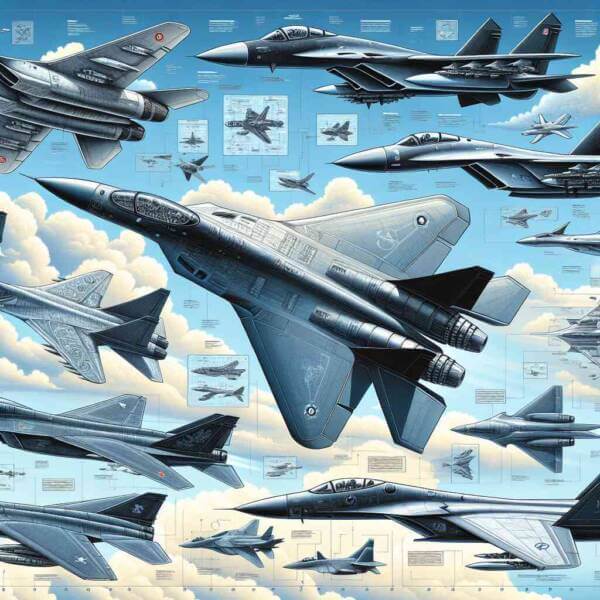Opportunities and Challenges in Military Aviation
Opportunities and Challenges in Military Aviation
Blog Article

Military aviation is a critical pillar of modern defense strategies around the world.
Nations invest heavily in military aviation to enhance defense capabilities.
History of Military Aviation
Military aviation started during the early 1900s, with aircraft initially used for spying on enemy movements.
Key developments over time:
- Development of air combat tactics
- Creation of long-range bombers and jets
- Rapid development of jet technology
- Remote operations changing the face of conflict
Each era brought new technologies that pushed the limits.
Types of Military Aircraft
Understanding the types of military aircraft helps in appreciating the complexity of modern air forces.
Major aircraft classifications:
- Planes built for speed and agility
- Planes that deliver heavy payloads
- Logistical support aircraft
- Eyes in the sky for modern armies
Each type plays a key part in military operations, from striking enemy targets.
Why Control of the Skies Matters
Air superiority is essential for achieving military success. read more
How controlling the air impacts battles:
- Protecting ground forces
- Cutting off enemy resources
- Early warning and real-time data
- Demonstrating power and deterrence
Nations with strong military aviation capabilities can shape outcomes.
Technological Innovations in Military Aviation
Military aviation is at the forefront of technological innovation.
Recent innovations include:
- Stealth technology
- Ultra-fast strike capabilities
- Unmanned aircraft operating independently
- New forms of aerial weaponry
These advancements enhance lethality for air forces worldwide.
Challenges in Military Aviation
Despite technological superiority, military aviation faces complex problems.
Pressing issues in military aviation:
- Rising development and maintenance costs
- Need for constant upgrades
- Securing digital communications and data
- Ethical concerns with autonomous weapons
Addressing these challenges is necessary for effective defense strategies.
Future of Military Aviation
The future of military aviation promises radical innovations.
Likely developments:
- Greater integration of artificial intelligence
- Military satellites and space-based weapons
- Developing sustainable aviation technology
- Enhanced multinational cooperation
The next era of military aviation will shape the future of global security.
The Enduring Power of Military Air Forces
Military aviation remains a decisive factor in global defense.
As technology continues to evolve, the skies will remain a frontline of innovation where military aviation shapes the world order.
The future of military aviation is more dynamic than ever — and it’s only just beginning. Report this page